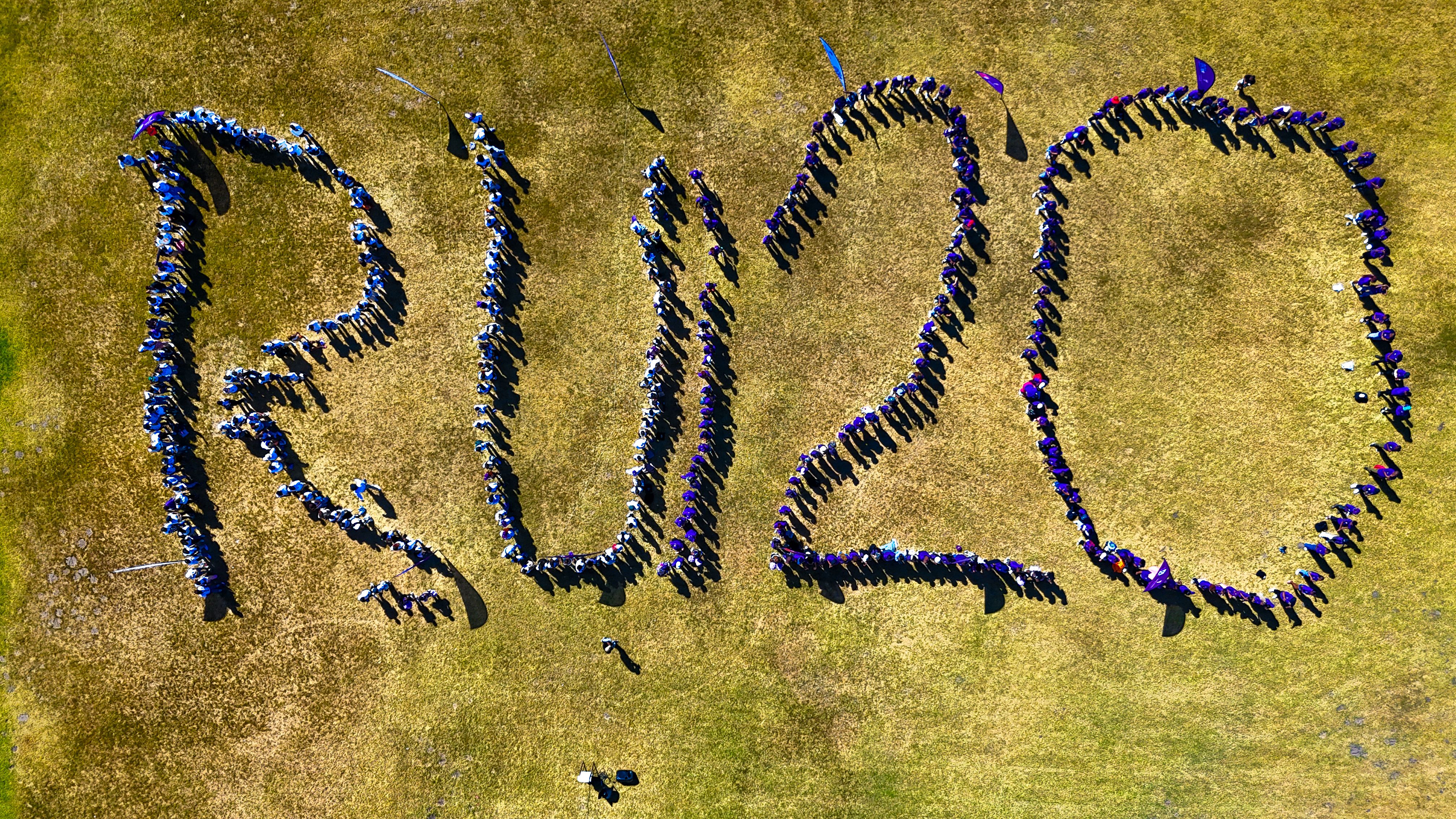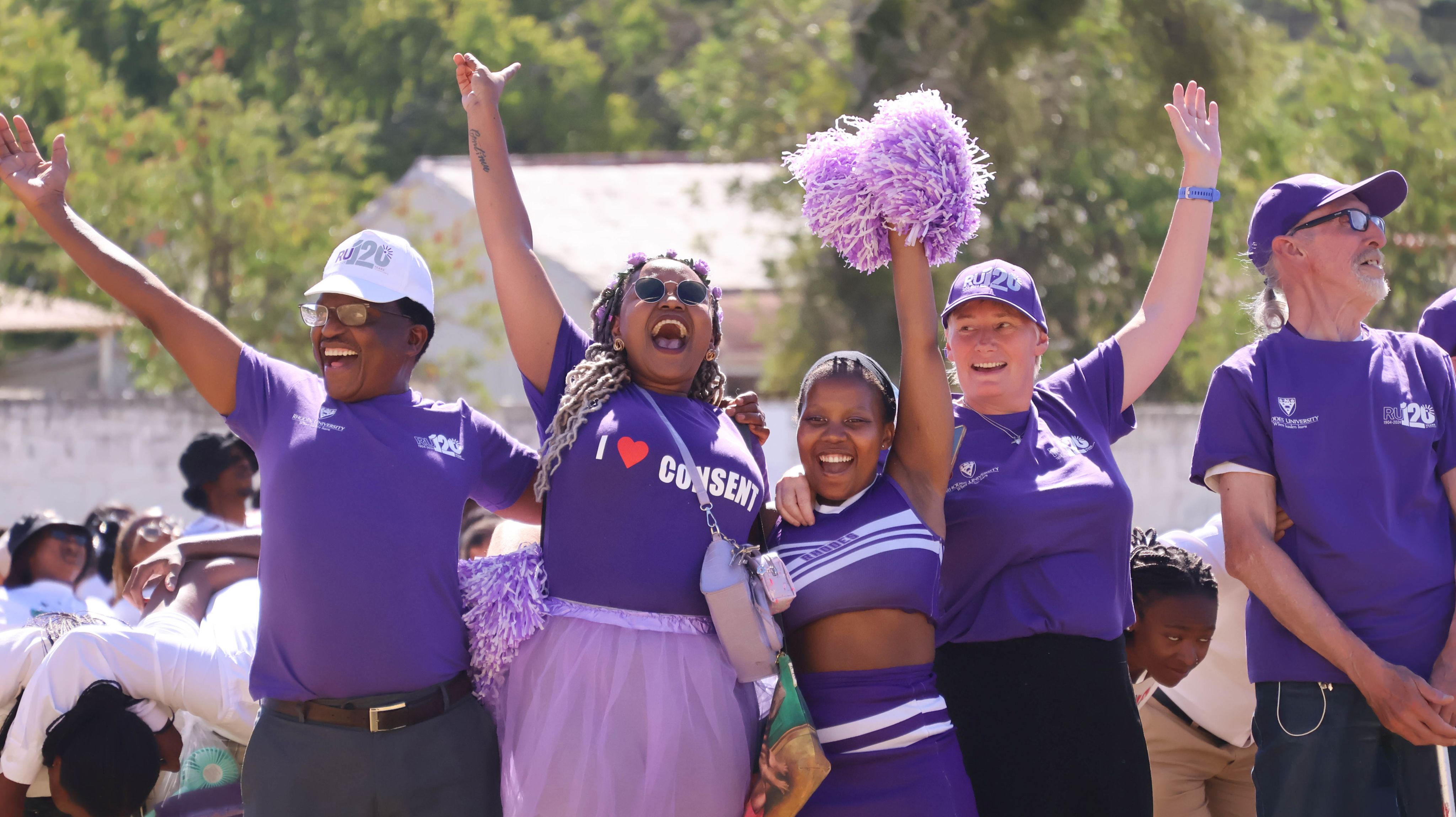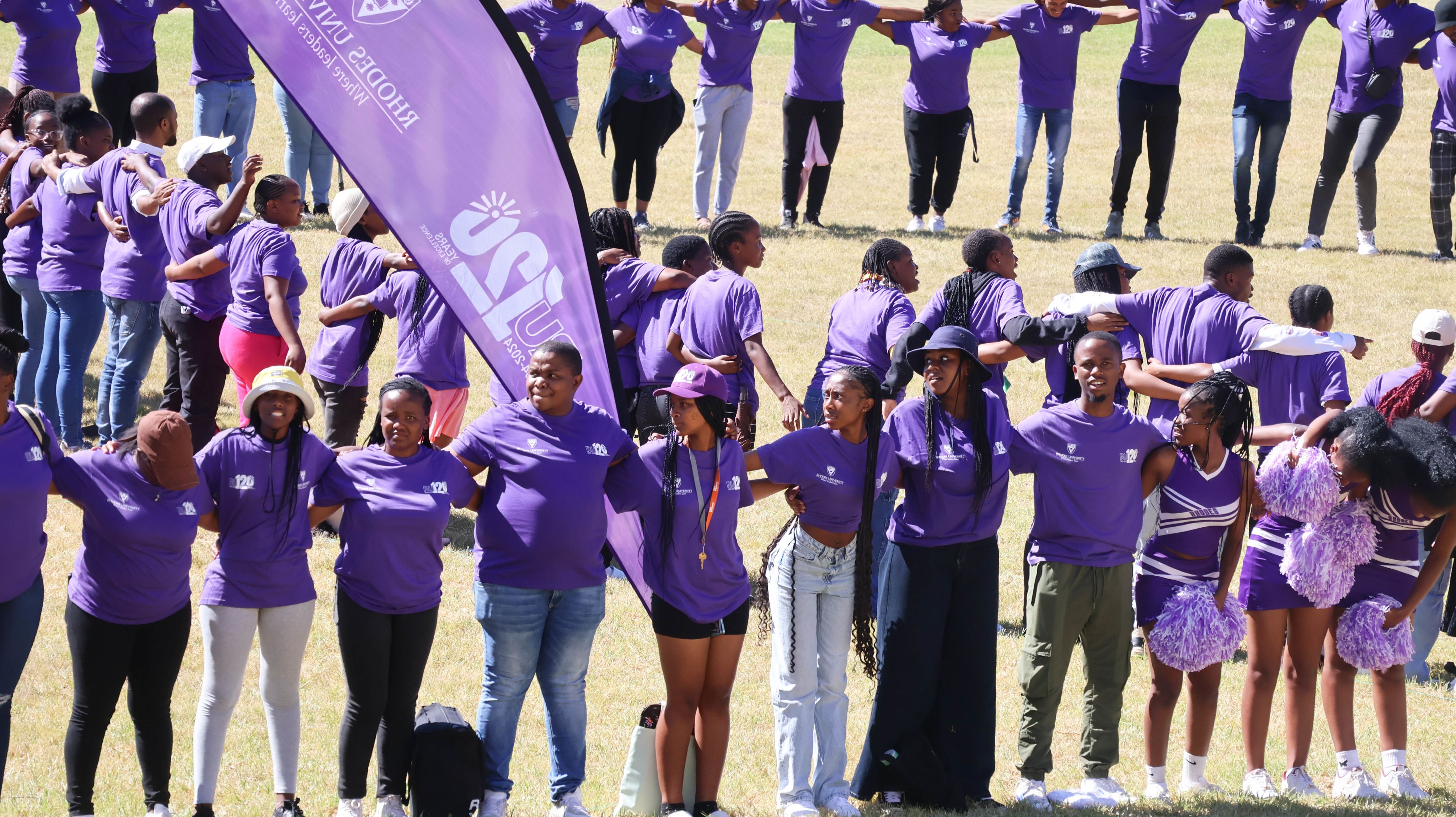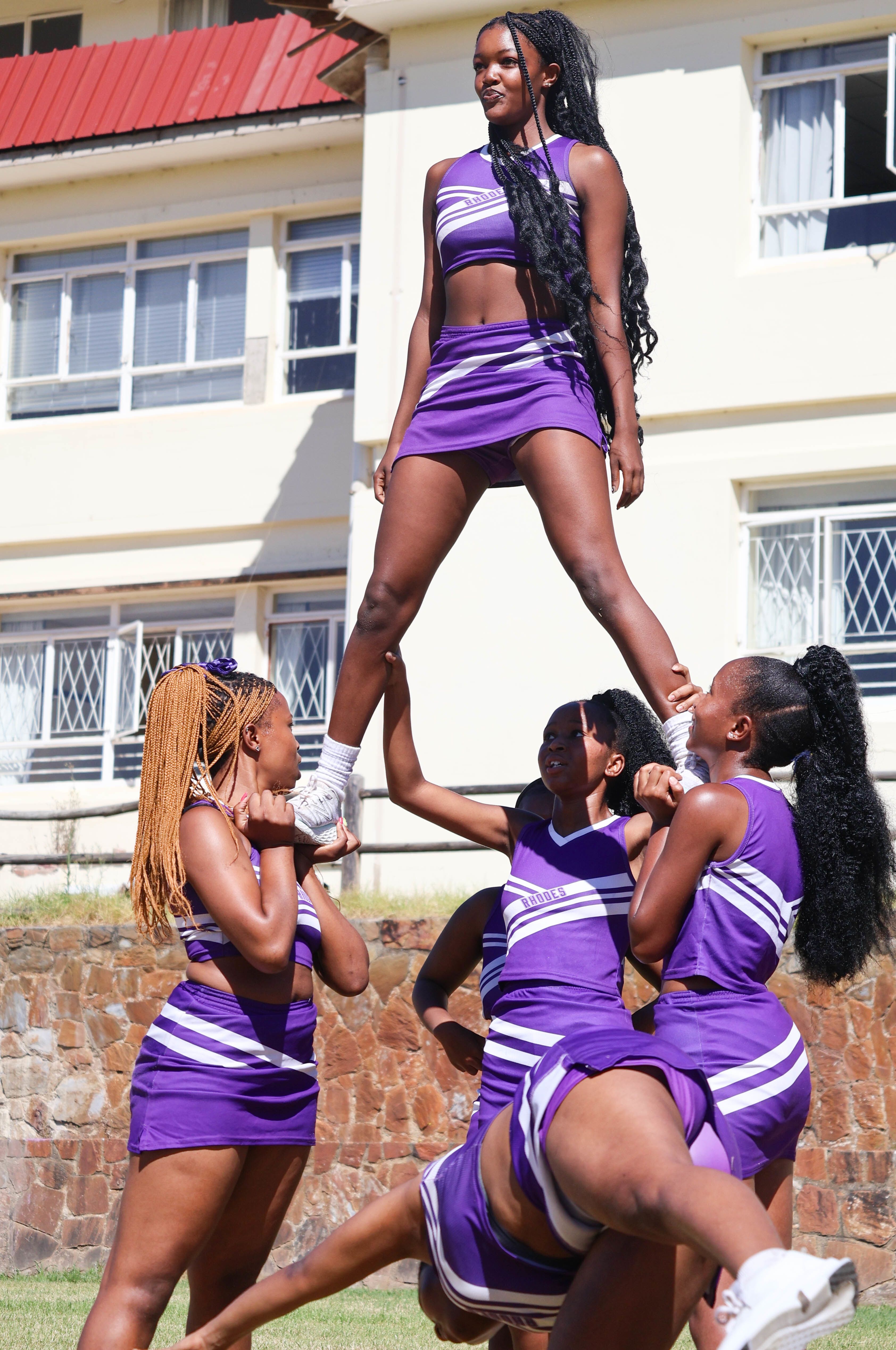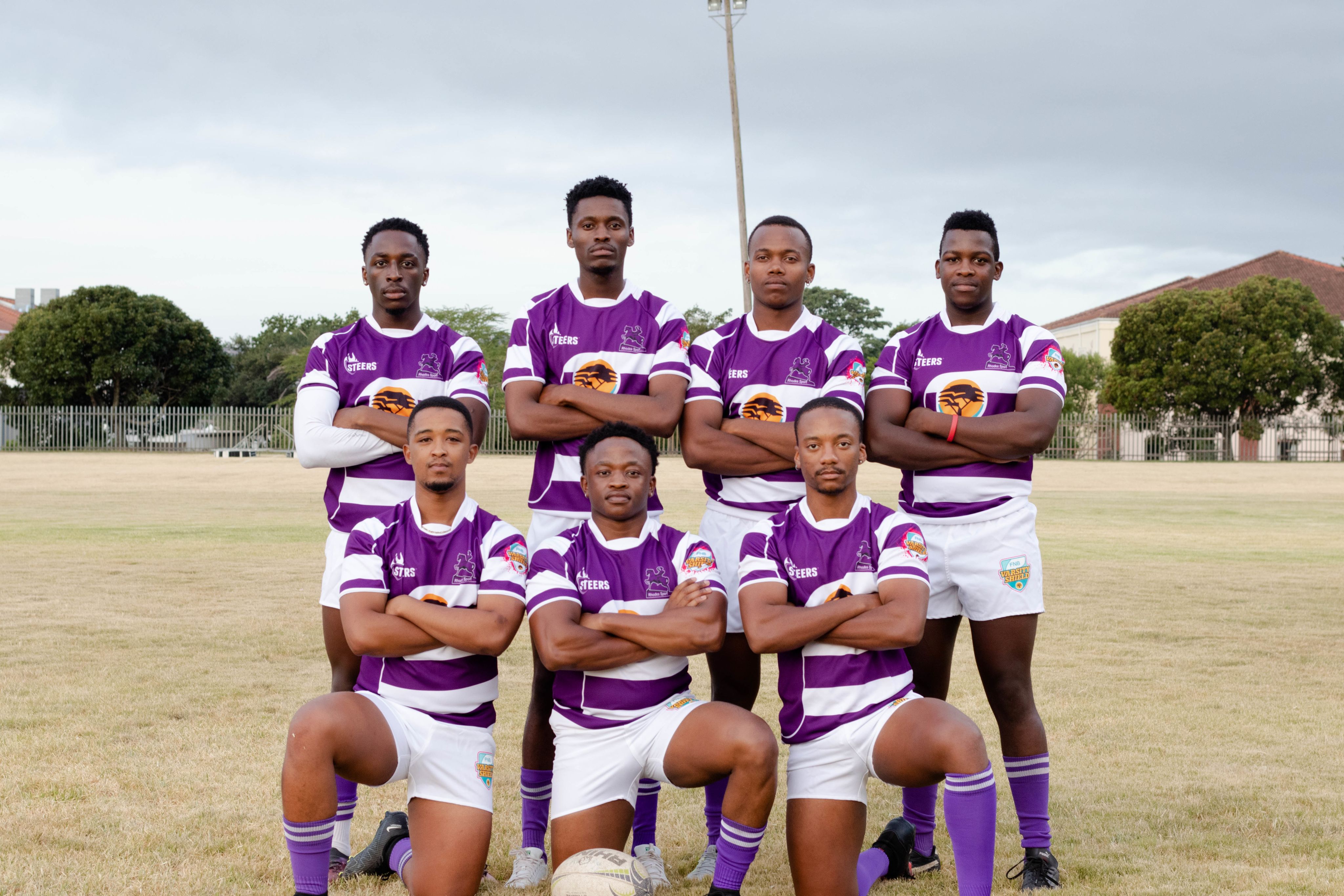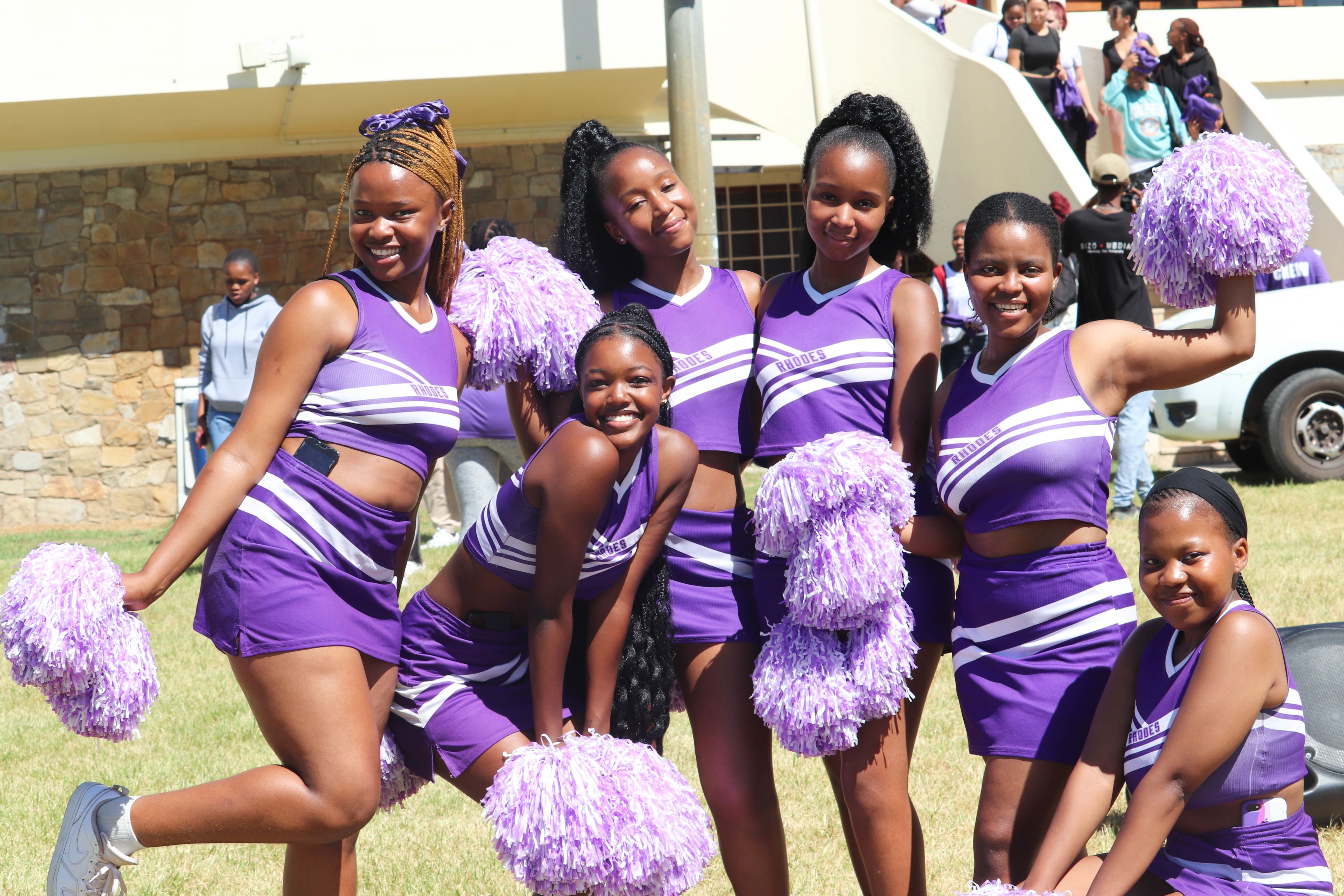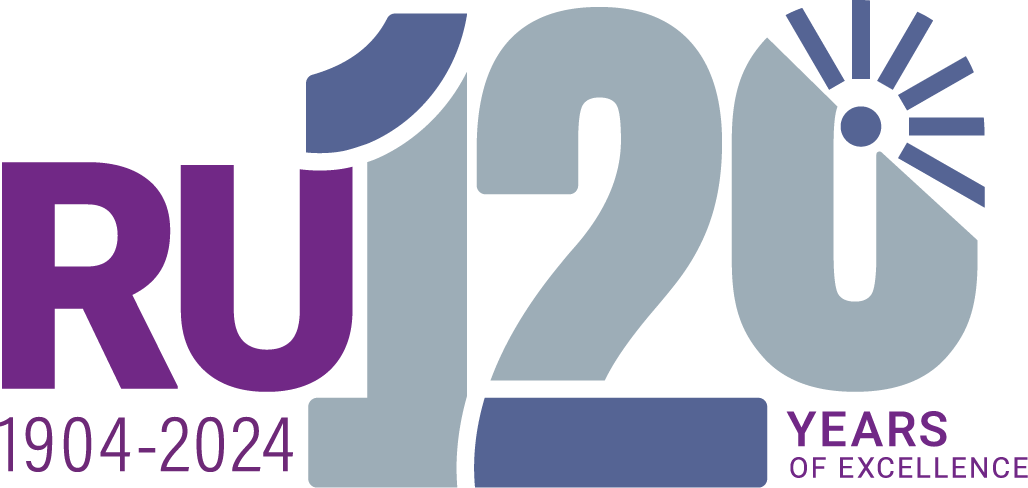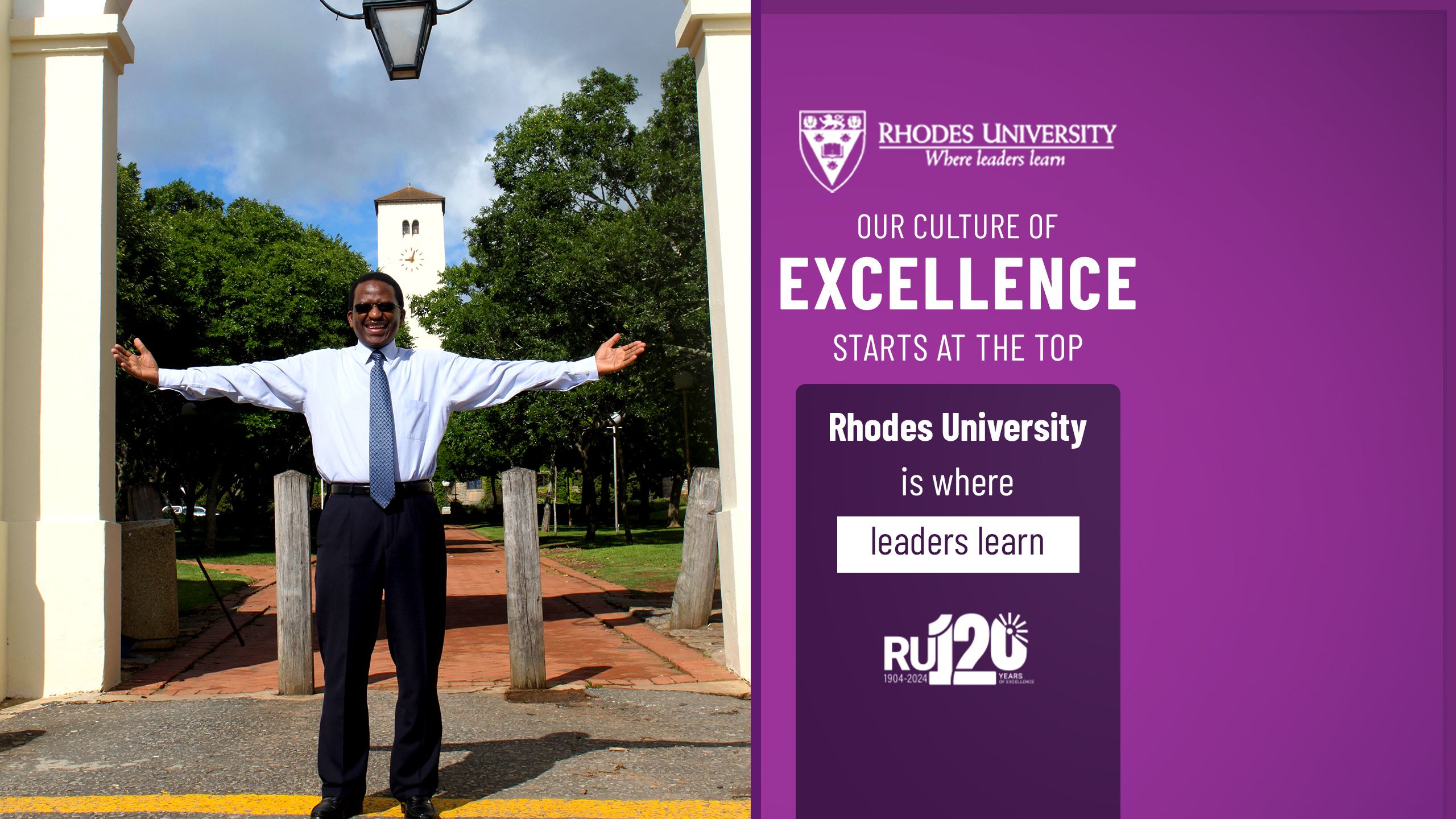Watch | Rhodes University Journalism Summit charts future of media, honours legacy of John Tengo Jabavu
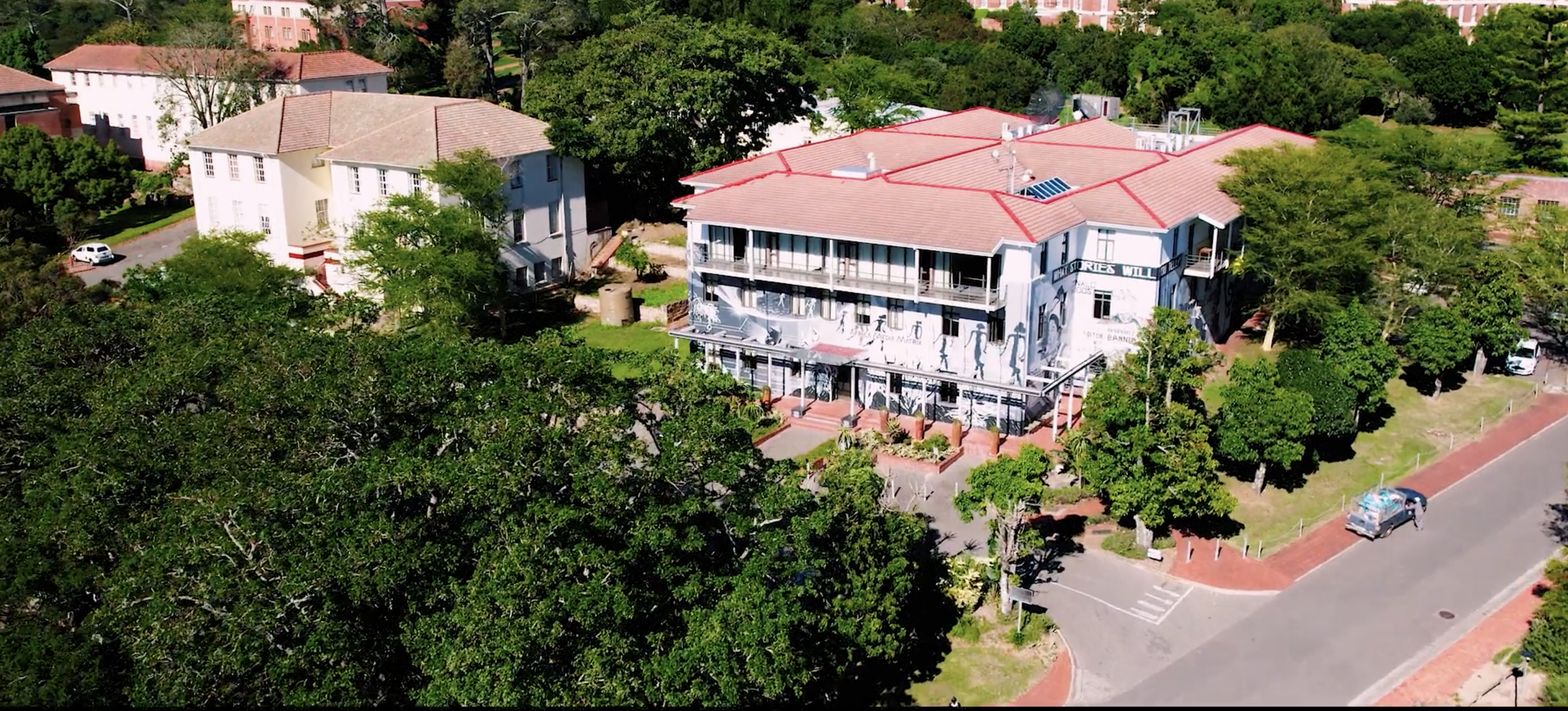
This year's Rhodes University Journalism Summit focused on various issues, including trauma and conflict, the laws that regulate journalism, journalism in a democracy, and the role artificial intelligence plays in journalism.
What began as a class of 17 aspiring young journalists in the English Department of Rhodes University more than 50 years ago, has evolved into one of the country's most formidable journalism and media studies schools.
“Many wonderful journalists have graduated from our school. In that sense, we've always played an important role. We also see ourselves as important in that we are there to talk about journalism, and we are supposed to be making courageous statements about the situation journalists face in the current context,” said Dr Jeanne du Toit, the head of the School of Journalism and Media Studies (JMS) at Rhodes University.
She was speaking on the sidelines of the Rhodes University Journalism Summit, which took place over three days in April. The summit was born after Vice-Chancellor Sizwe Mabizela attended a press conference where journalists expressed a sense that universities weren’t speaking up for journalists or the issues they face in the field.
“[The summit] is important, given the pressures that people work with. We no longer have organisations like journalist unions that used to get journalists consulting each other and working across. When you're in an environment where things are very deeply stressed, they're politically stressed, they're economically stressed. We have to do that work of talking across because it gives us a way better picture of how this whole terrain looks,” said JMS lecturer, Professor Anthea Garman.
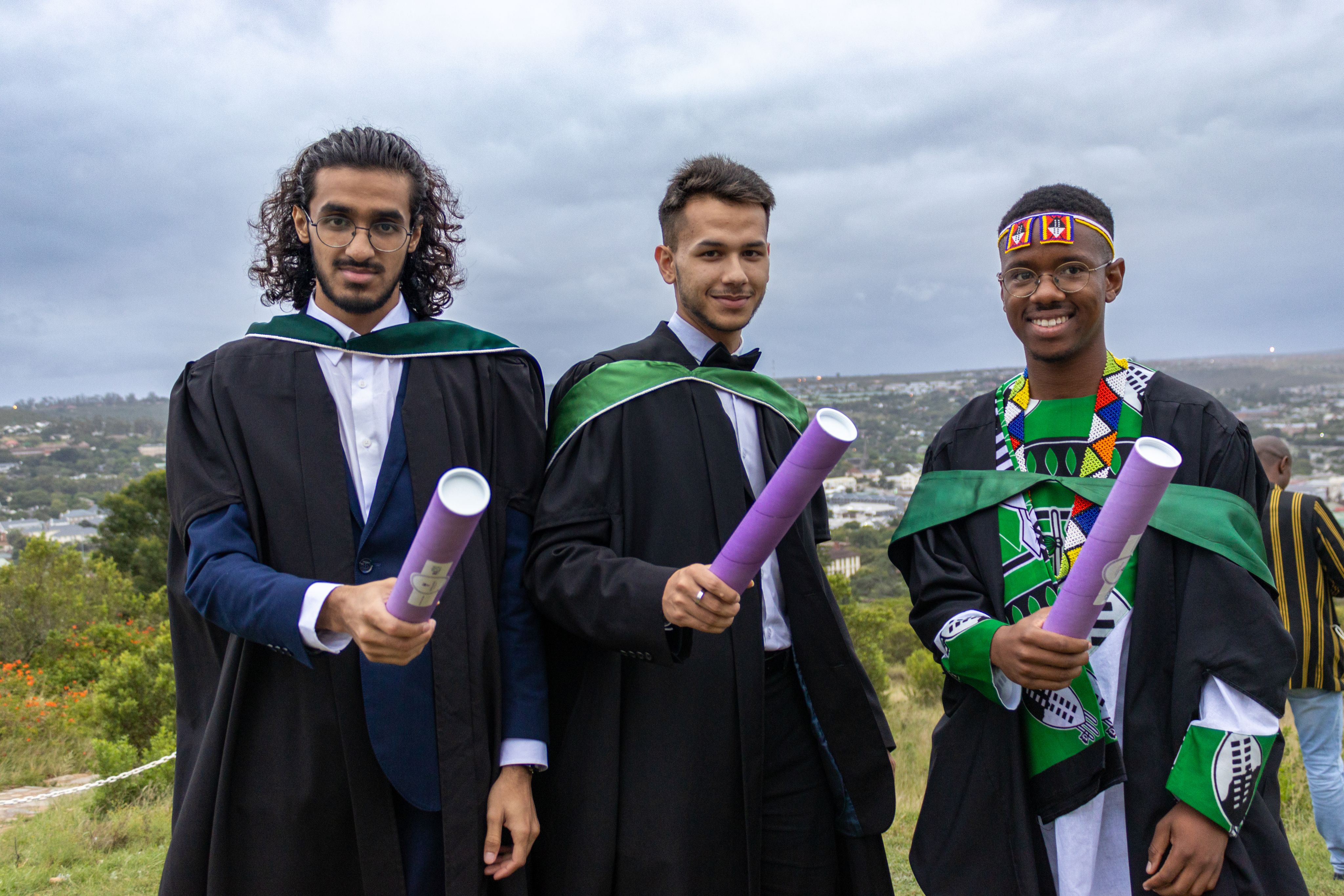
Honouring John Tengo Jabavu
This year's summit focused on various issues, including trauma and conflict, the laws that regulate journalism, journalism in a democracy, and the role artificial intelligence plays in journalism. Before the summit, JMS also held a pre-conference on student journalism.
On the last day of the summit, Rhodes University JMS paid homage to activist and journalist John Tengo Jabavu who founded “Imvo Zabantsundu”, the first independent black-owned and-run newspaper in SA. The publication offered a platform for black writers to share and express their views. This year, the newspaper celebrated 140 years, coinciding with Rhodes University celebrating 120 years.
“This is a very exciting time for us as a family. We're going to be working with Rhodes University and Fort Hare University to try and revive [Imvo Zabantsundu] because they have a course they're offering to their journalism students where they'll be writing articles in isiXhosa,” said Yolisa Jabavu-Ndhlovu, Jabavu's great-great-granddaughter.
Yolisa said that the family was planning on opening the Jabavu Institute to protect the legacy of Imvo Zabantsundu and indigenous languages.
“Today we had nice streams at the conference, and one of the major discussions was the emphasis on the language policy. We need to ensure that indigenous languages are being covered in mainstream media,” said Siyabonga Jabavu, Jabavu’s great-great-grandson.
The evening ended with the planting of an aloe tree, in honour of Jabavu, outside the JMS building.
“The symbol of an aloe runs deep within this land. It’s a rugged, healing, bitter, and beautiful plant. It’s a sign of resilience and a symbol of education and resistance,” said Thandeka Gqubule-Mbeki, a lecturer at JMS.
The morning after the summit, various voices met to discuss and sign the Makhanda Declaration, which outlines ways to support journalism and digital inequality.
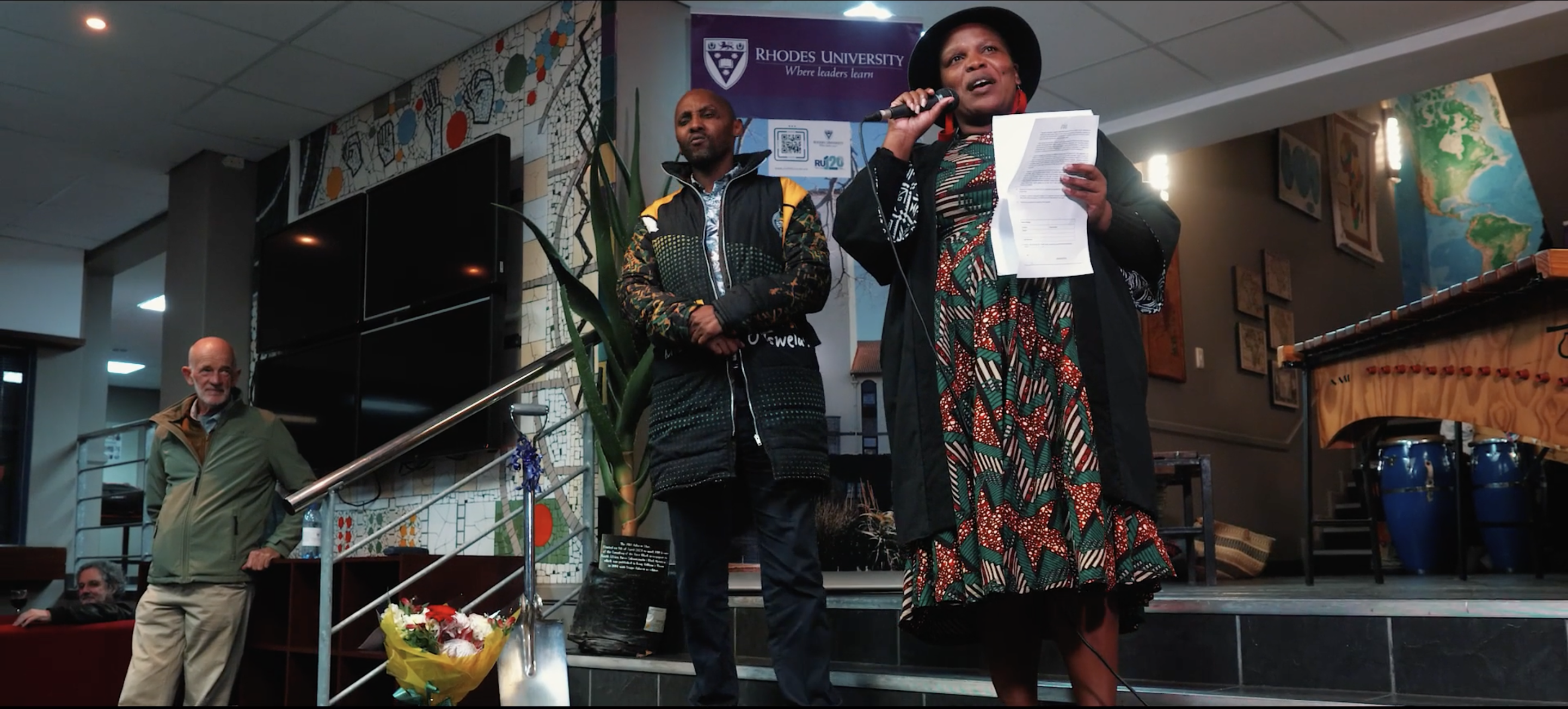
We will be capturing it all for you here on News24’s RU120 hub.
For further information about the festivities and dialogues planned around RU120 visit the regularly updated official RU120 website.
For easy donation to a cause of your choice…
RU120 Highlights
